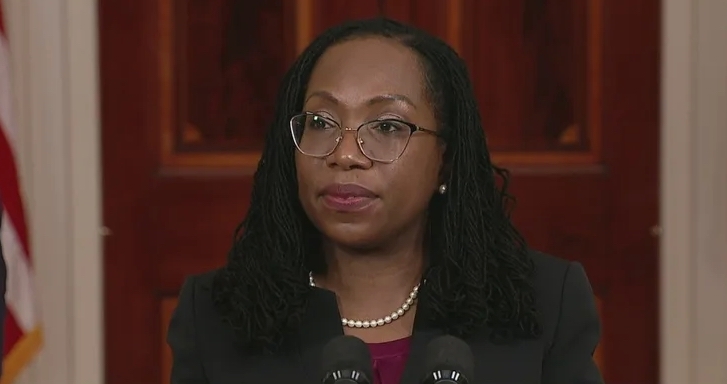Tevi Troy writes for National Affairs about the best way to ensure protection of free-speech rights.
Any survey of contemporary life on America’s campuses reveals that our institutions of higher learning are no longer devoted to free inquiry and the pursuit of truth. Instead, they appear riddled with speech codes, “safe spaces,” banned speakers, protests, and cancelations of those who express disapproved ideas. Students bemoan “microaggressions” and being “triggered” as faculty advance ahistorical theories that diminish America’s achievements and exceptionalism.
The stifling campus atmosphere has led conservatives to worry about the potential for new generations of Americans to appreciate and uphold our freedom and equality under the law. Even some non-conservatives have become concerned. As free-speech advocates Greg Lukianoff and Jonathan Haidt warn, “[a] movement is arising, undirected and driven largely by students, to scrub campuses clean of words, ideas, and subjects that might cause discomfort or give offense.”
Though it has no single point of origin, the current wave of censorship can be traced roughly to 2014. That year, student activists were emboldened by a series of victories as they successfully prevented mainstream speakers like Condoleezza Rice, Christine Lagarde, and Ayaan Hirsi Ali from speaking on campus. For a time, conservatives, civil libertarians, and many on the left believed such impulses against free expression would evaporate as students graduated from college. These former students, they insisted, would enter the professional world, where they would be forced to dismiss campus theories as unreasonable and impractical.
Unfortunately, mounting evidence suggests that such impulses are no longer confined to institutions of higher education. The same campus commissars who monitored and canceled disfavored opinions at our nation’s colleges and universities have largely held fast to their beliefs while assuming positions of influence at corporations, as journalists, in the entertainment industry, and on social media. This ascendant intolerance poses a difficult challenge?—?one that has no easy solutions.


